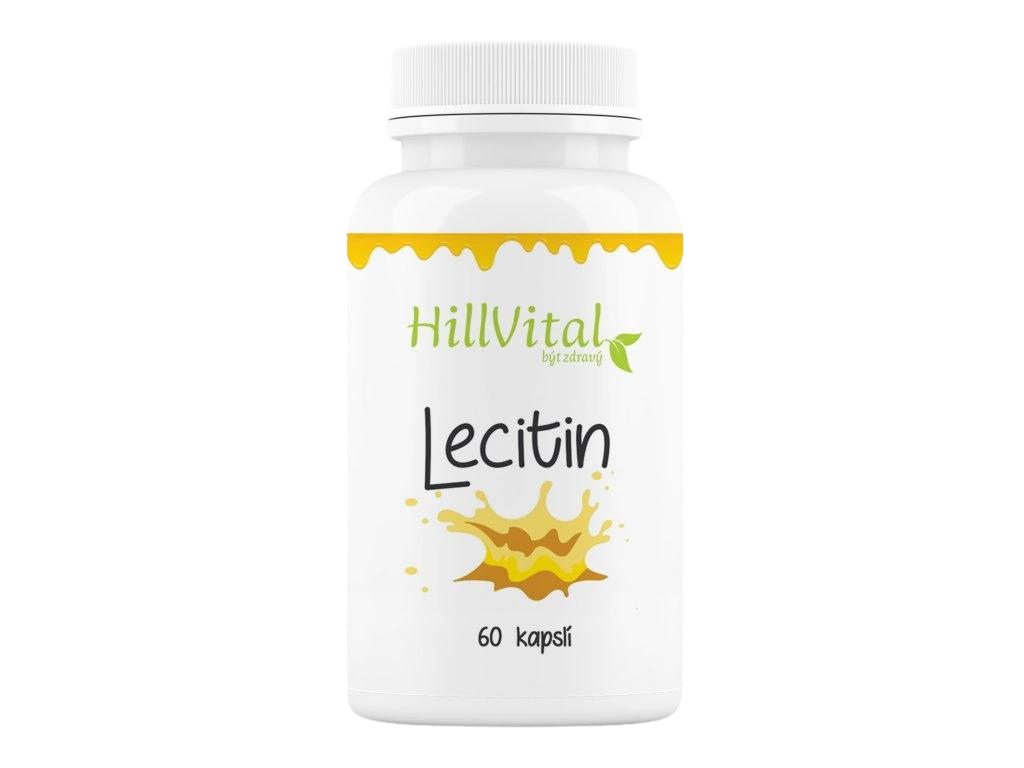Lecithin belongs to the complex of phospholipids, i.e. fats that are essential for the proper function of all cells. It contains 60% linoleic acid.
Lecithin is a natural substance in our body that is part of cell walls, nerve tissues, muscle tissues, found in the liver, lungs and heart. Lecithin has a beneficial effect on our entire body and the body needs it unconditionally to function properly.
Who should supplement lecithin?
It should be mainly people who suffer from high cholesterol, people who need to increase their concentration, improve memory, physical activity and maintain mental well-being.
The list of what this substance positively affects is unusually long and therefore its intake should in no way be underestimated.
The daily intake of lecithin should be at least 3g per day, which is not always obtained through natural diet, so it is advisable to seek help from dietary supplements.
Lecithin contains a high proportion of essential fatty acids, which can dissolve harmful LDL cholesterol in the bloodstream that builds up in the blood vessels. Thanks to these acids, cholesterol passes through even the thinnest of blood vessels without multiplying and promoting health problems in the body.
A regular supply of lecithin helps
- dissolve fatty cholesterol deposits
- break down harmful fats
- reduce blood pressure
- increase concentration, improve memory
- in the prevention of cardiovascular and brain diseases
- improve skin quality (relieves eczema or cellulite)
- prevent the formation of gallstones
- regenerate liver cells
- maintain the resistance of the immune system
Chemically, it is one of the most important fats found not only in humans, but also in animals and plants. It is therefore a natural substance that our body can produce on its own, but the rest must be replenished through diet.
Lecithin can be taken long-term without the risk of overdose.
A dietary supplement is not a substitute for a varied and balanced diet. Not suitable for children under 3 years of age, pregnant and lactating women.




